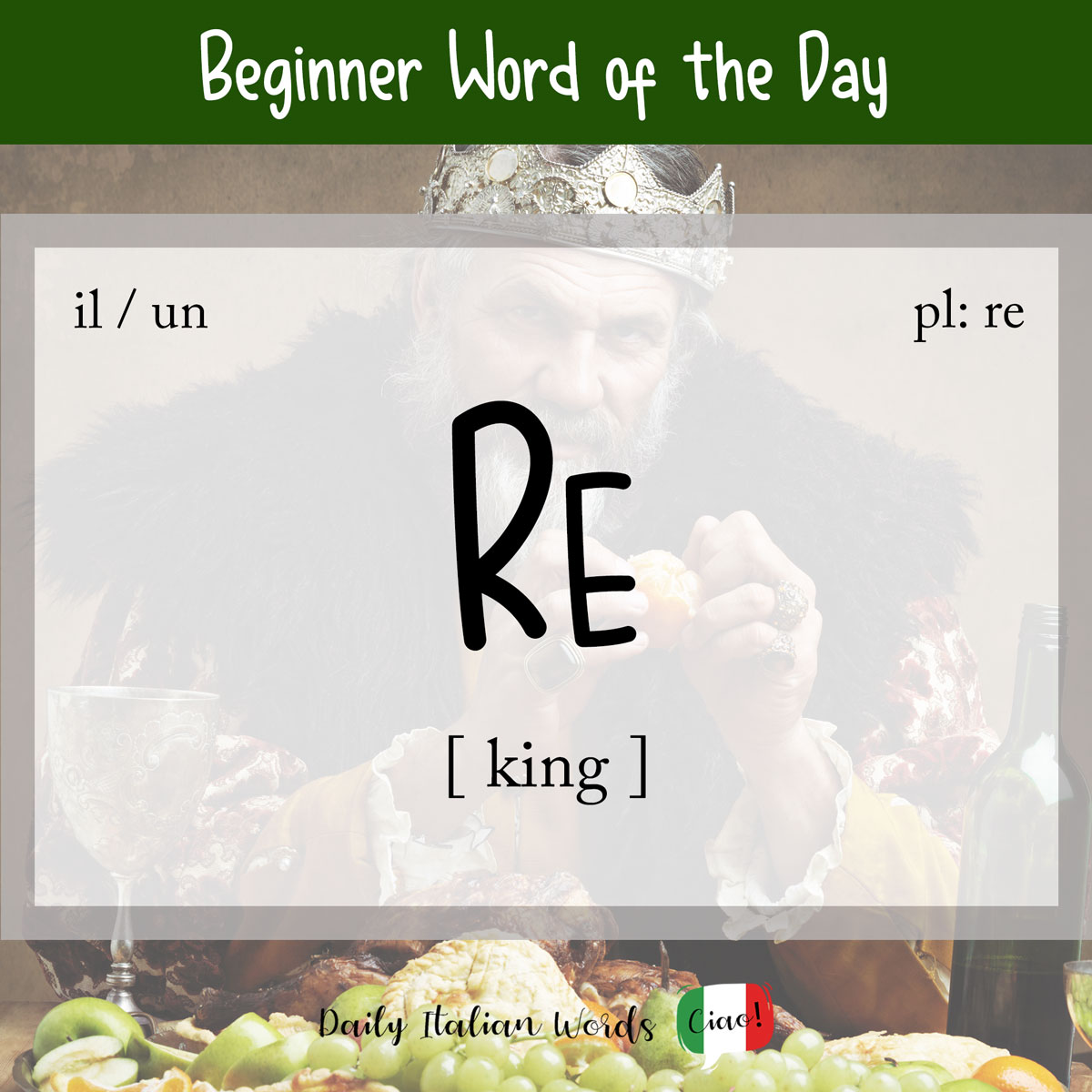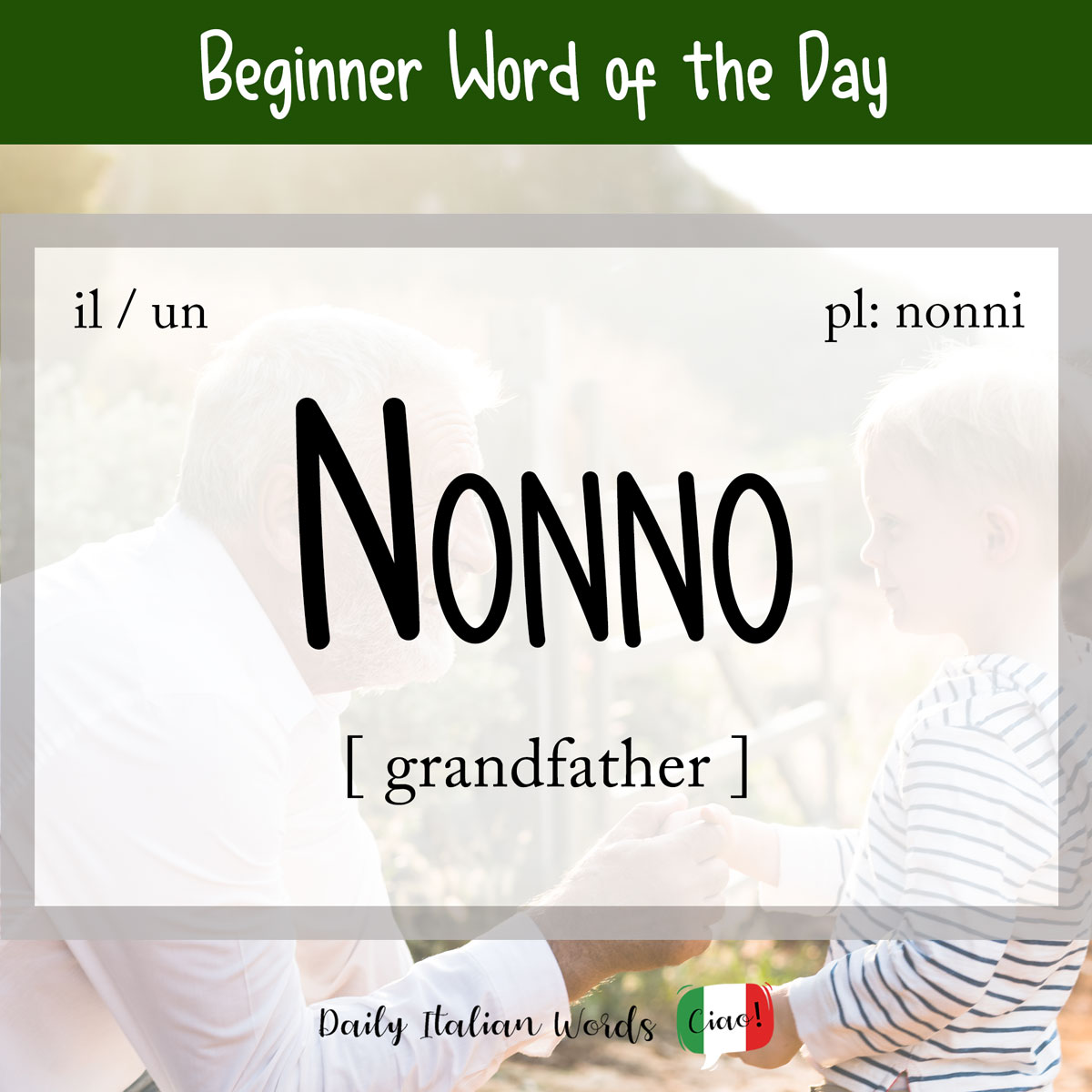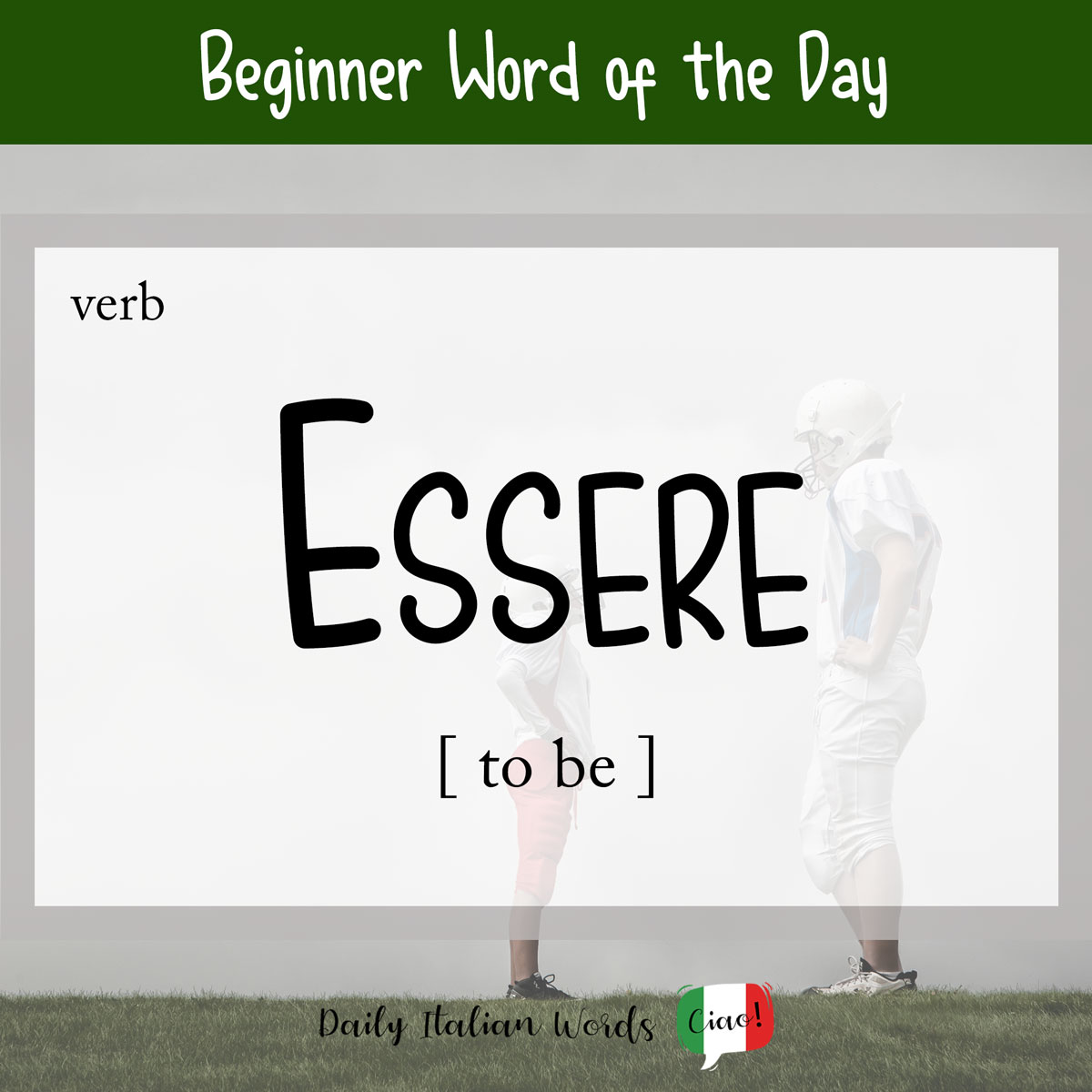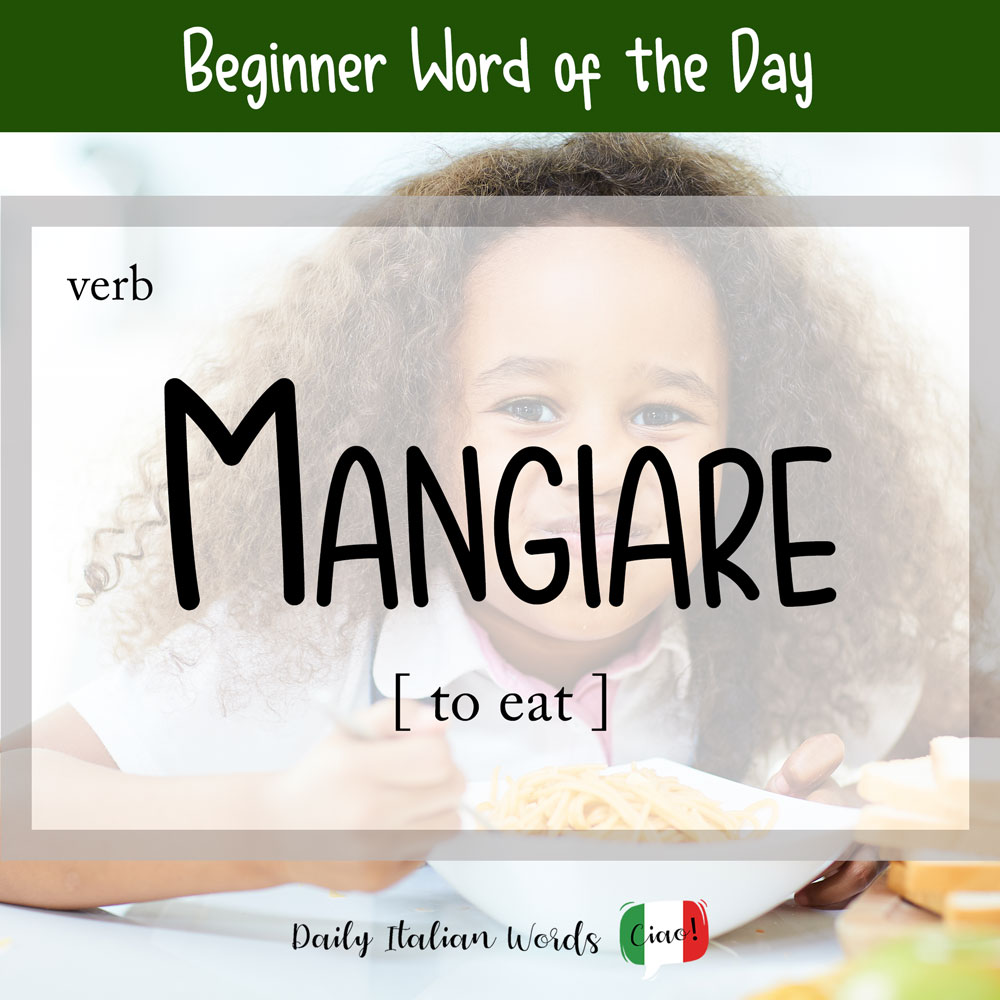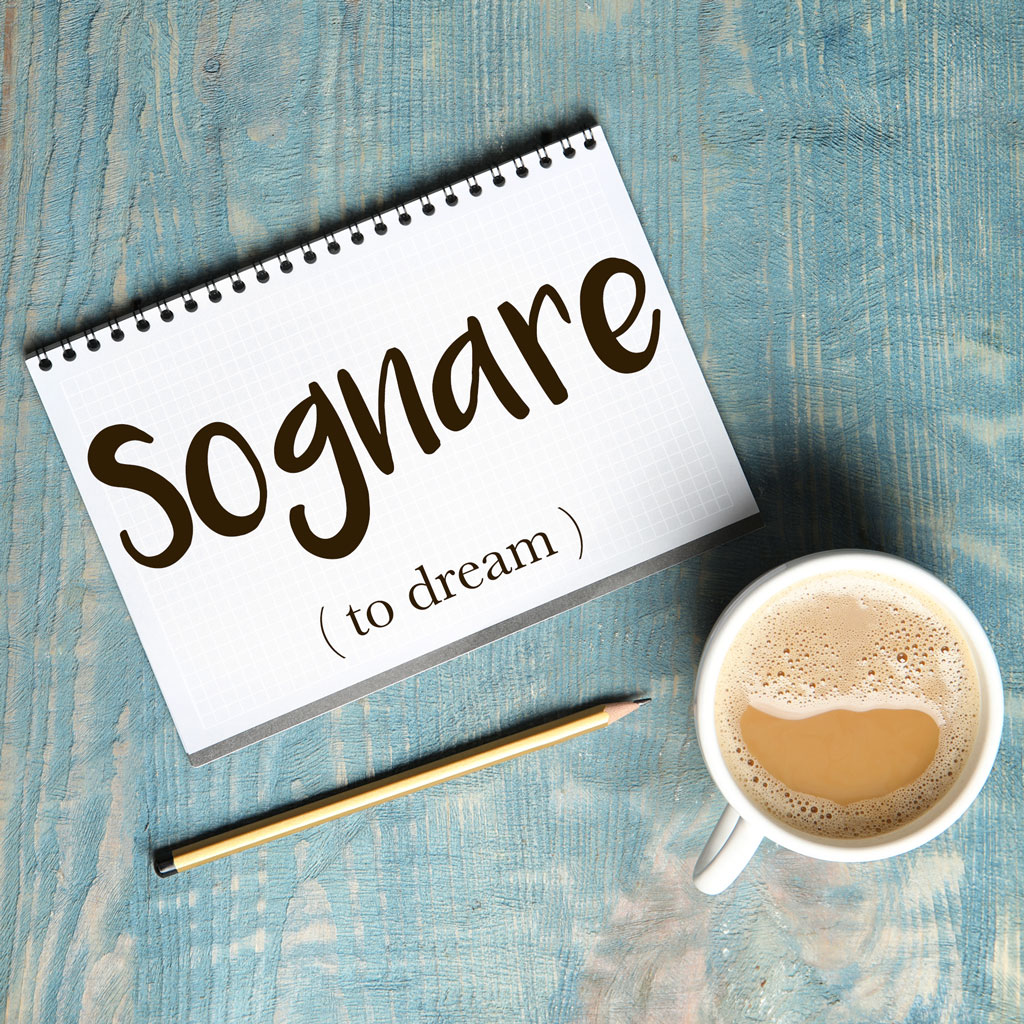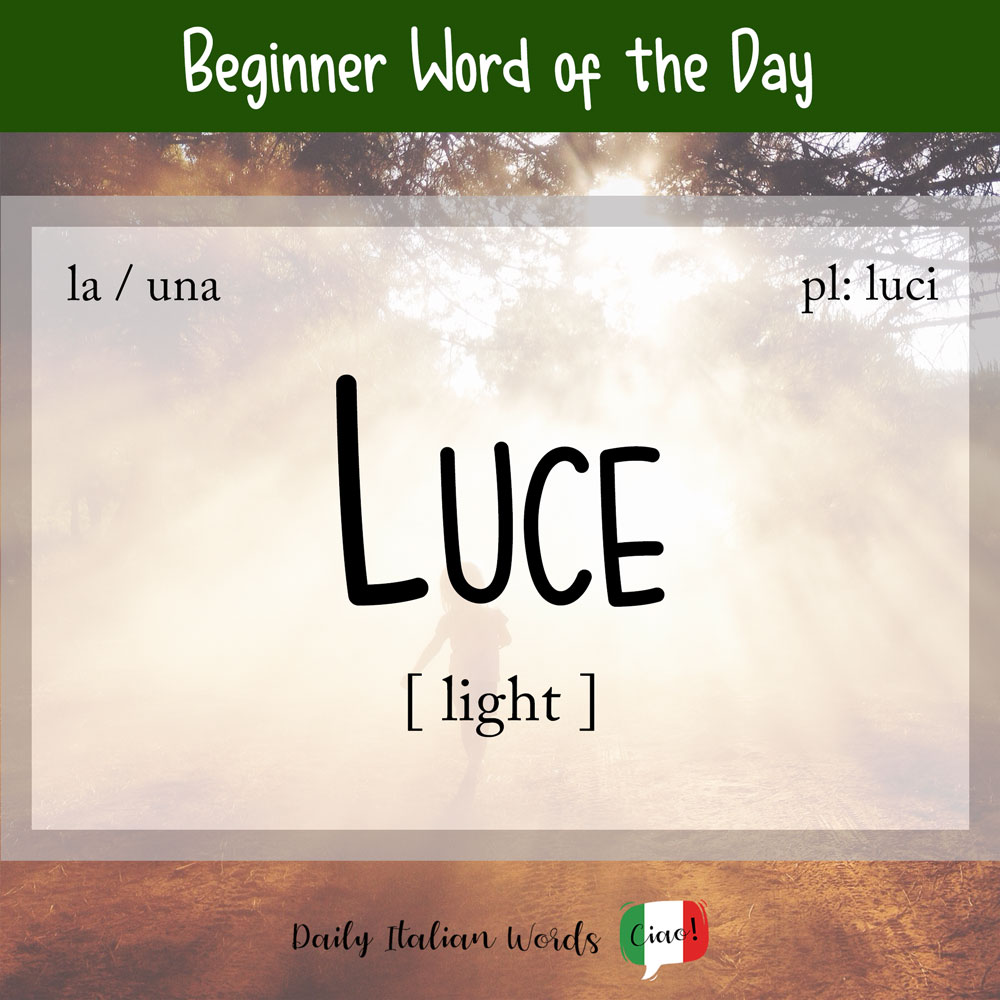Italian Word of the Day: Re (king)
The very last king to rule Italy was Umberto II of the House of Savoy. Immediately following the 1946 referendum to abolish the monarchy and the transformation of Italy into a republic, he was exiled to Cascais on the Portuguese Riviera, having reigned for a mere 34 days. Umberto II’s departure marked the end of …

